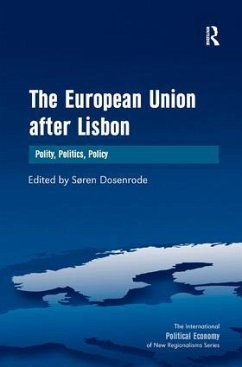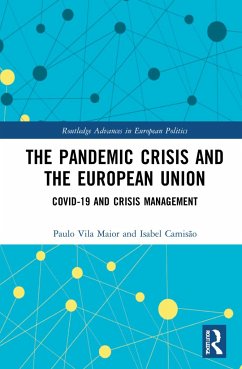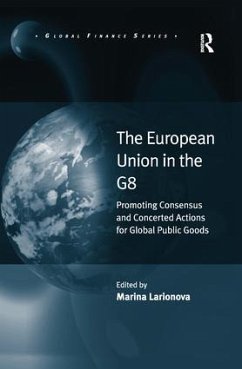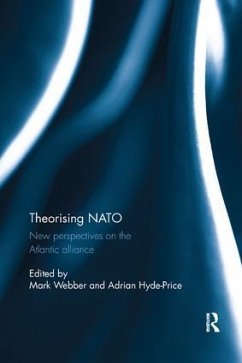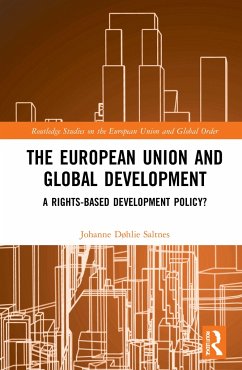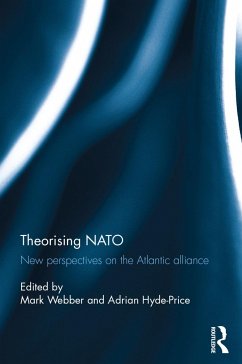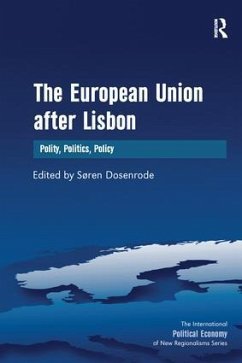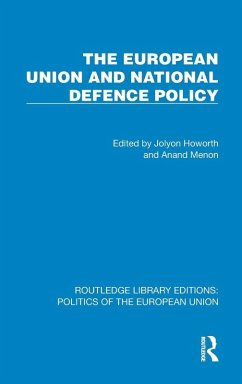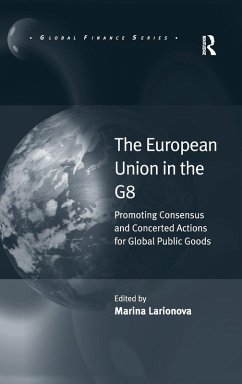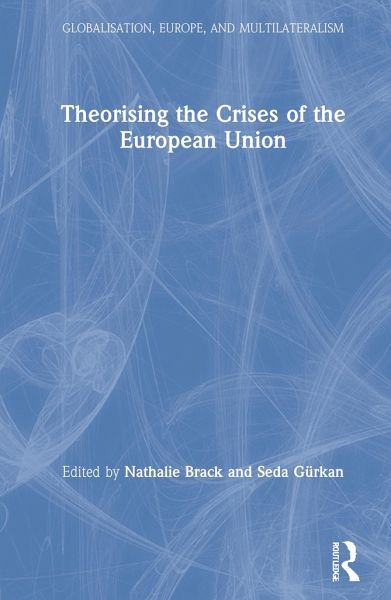
Theorising the Crises of the European Union
Versandkostenfrei!
Versandfertig in 1-2 Wochen
168,99 €
inkl. MwSt.
Weitere Ausgaben:

PAYBACK Punkte
84 °P sammeln!
This book examines the relevance of integration theories for studying and analsing the crisis situations faced by the EU since 2009. Ten years on from the start of the 'age of crisis', it critically analyses the impact of the multiple crises' context on the EU polity and questions the utility of integration theories for grasping the peculiarities of the particular crisis under study. Bringing together prominent scholars in EU studies, the volume constitutes an essential reference book on integration theories. Its contribution is twofold. First, it provides a comparative overview of classical i...
This book examines the relevance of integration theories for studying and analsing the crisis situations faced by the EU since 2009. Ten years on from the start of the 'age of crisis', it critically analyses the impact of the multiple crises' context on the EU polity and questions the utility of integration theories for grasping the peculiarities of the particular crisis under study. Bringing together prominent scholars in EU studies, the volume constitutes an essential reference book on integration theories. Its contribution is twofold. First, it provides a comparative overview of classical integration theories for studying and analysing current crisis situations the EU faces. Second, the book connects theories to current debates through an in-depth discussion of recent crises that hit European integration since 2009, with a particular focus on the financial crisis, Brexit, refugee crisis, illiberal tendencies in some member states, and the Coronavirus pandemic. This book will be of key interest to scholars and students of European integration, European Union politics, political theory, and, more broadly, to European studies.





